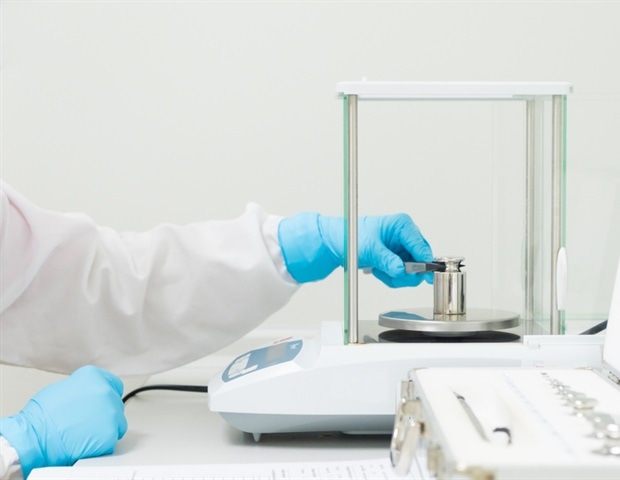Der weiße Rauch ließ diesmal länger auf sich warten, doch die gewählten Kunst-Päpste stehen für den hoffnungsvollen Aufbruch eines „Aggiornamento“ der Documenta: Am Mittwochmittag hat das Kasseler Konklave, der Aufsichtsrat der Weltkunstschau, auf Vorschlag der Geschäftsführung die einstimmig berufene Findungskommission der nächsten Documenta 16 bekanntgegeben, die regulär 2027 stattfände, möglicherweise wegen des schwierigen und langwierigen Findungsprozesses mit Komplettrücktritt der vorigen Kommission aber auch um ein Jahr auf 2028 verschoben wird (F.A.Z. vom 5. Juni). Sechs internationale Kuratoren zeitgenössischer Kunst aus den unterschiedlichsten Medien wie Film und Video, klassische Malerei aber auch der Curatorial Studies wurden für Kassel ausgewählt, die durchgängig viel Erfahrung im Organisieren großer Kunstveranstaltungen wie etwa Festivals auszeichnet. Auf Künstler oder Kollektive in der Kommission wurde diesmal verzichtet. Sie setzt sich zusammen aus Yasmil Raymond, Yilmaz Dziewior, Sergio Edelsztein, N’Goné Fall, Gridthiya Gaweewong und Mami Kataoka.
Alle sechs Mitglieder müssen sich nicht mehr beweisen
Die Findungskommission hat dabei die ebenso zentrale wie schwere Aufgabe, eminente Persönlichkeiten der zeitgenössischen Kunst einzuladen, sich mit einem Konzept um die Künstlerische Leitung der Documenta 16 in Kassel zu bewerben und aus den präsentierten Einreichungen das vielversprechendste Format für die Umsetzung auszuwählen. Der Geschäftsführer der documenta und Museum Fridericianum gGmbH, Andreas Hoffmann, nannte die jetzige Findungskommission „hochkarätig“. Die sechs Mitglieder stünden mit ihrer Expertise und der Vielfalt ihrer Hintergründe „in besonderer Weise für die Internationalität und Diversität der Documenta“ in Kassel. Auch der hessische Kulturstaatsminister Timon Gremmels sagte dieser Zeitung, er blicke nun „voller Zuversicht auf den Prozess der Vorbereitung der Documenta 16“ und freue sich darauf, „wenn während der Ausstellung die internationale Kunstwelt in Kassel zu Hause ist.“ Mit beiden Statements traten Hoffmann wie Gremmels indirekt den im Vorfeld insbesondere seitens postkolonialer und propalästinensischer Interessengruppen etwa in den USA geäußerten Behauptungen entgegen, aufgrund der proisraelischen Haltung Deutschlands im Gaza-Krieg und der scharfen Kritik an den Antisemitismen der vormaligen künstlerischen Documenta-Leitung „Ruangrupa“ werde sich kein international renommierter Kurator finden, der zur Kommissions-Arbeit in Kassel bereit sei – jedes einzelne Mitglied der nun bestimmten Jury widerlegt diese Befürchtung. Von den zahllosen in die engere Auswahl gekommenen Kandidaten kamen wohl lediglich Absagen im untersten einstelligen Bereich, was vernachlässigbar erscheint.
Der Blick der Neuen geht über fast alle Kontinente
Dass der Blick der Jury tatsächlich in alle Himmelsrichtungen gehen wird und nicht nur einseitig in den sogenannten Globalen Süden, scheint schon dadurch gewährleistet, indem die Mitglieder der Findungskommission von allen Kontinenten (bis auf Australien) stammen. Viele von ihnen haben in der Vergangenheit zudem bereits den Länderpavillon ihrer Heimat auf der Venedigbiennale oder gar eigenständige Kunst-Biennalen kuratiert, was Erfahrung in der Auswahl geeigneter Künstler aus einer sehr großen Menge an in Frage kommenden Kandidaten voraussetzt. Hier seien zudem kurz die beruflichen Hintergründe aufgeführt, die für die kommende Arbeit wichtig sein dürften.
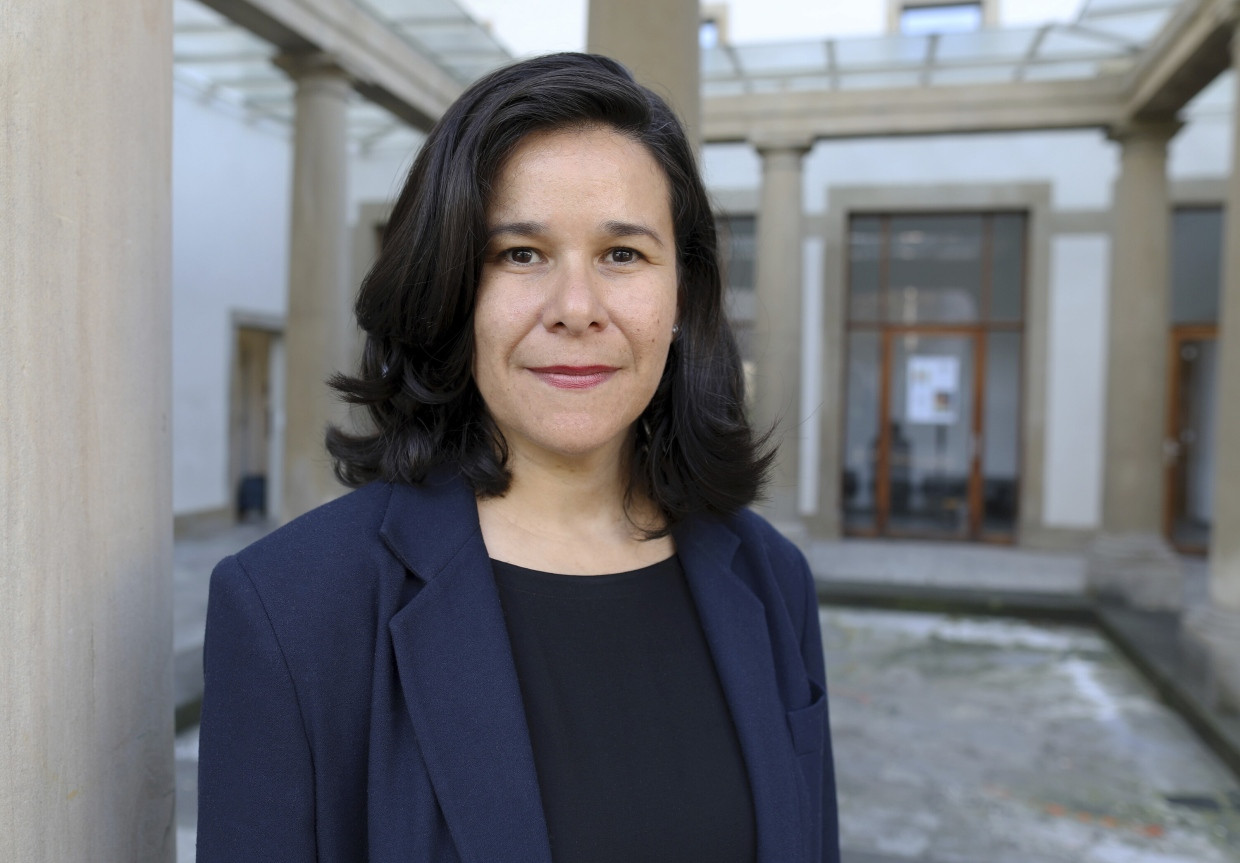
The most famous curator in Frankfurt and the surrounding area is the Puerto Rican-born American Yasmil Raymond, who was rector of the Städelschule from 2020 to 2024 and director of the Portikus and still lives in the city on the Main. Her resignation as rector of the Städelschule was preceded by a power struggle, as Raymond, as the person responsible for the university, did not want to support a statement of solidarity with Gaza by the students on behalf of the Städelschule. The statement of solidarity had been promoted by male professors at the school, who she felt did not respect as a woman and whose pro-Palestinian stance she did not share (FAZ of March 7). Ironically, some of them were on the search committee for the previous Documenta. Before becoming Rector of the Frankfurt Art Museum, Yasmil Raymond was, among other things, Associate Curator for Painting and Sculpture at the Museum of Modern Art (MoMA) in New York from 2015 to 2019, Curator at the Dia Art Foundation in New York from 2009 to 2015, and before that, Associate Curator for Visual Art at the Walker Art Center in Minneapolis since 2004. Over the past twenty years, she has worked with many international artists. Her most important exhibitions include a retrospective on Kara Walker, a show on Thomas Hirschhorn's “Gramsci Monument” and, most recently, one on Rirkrit Tiravanija for the MoMA-PS1.
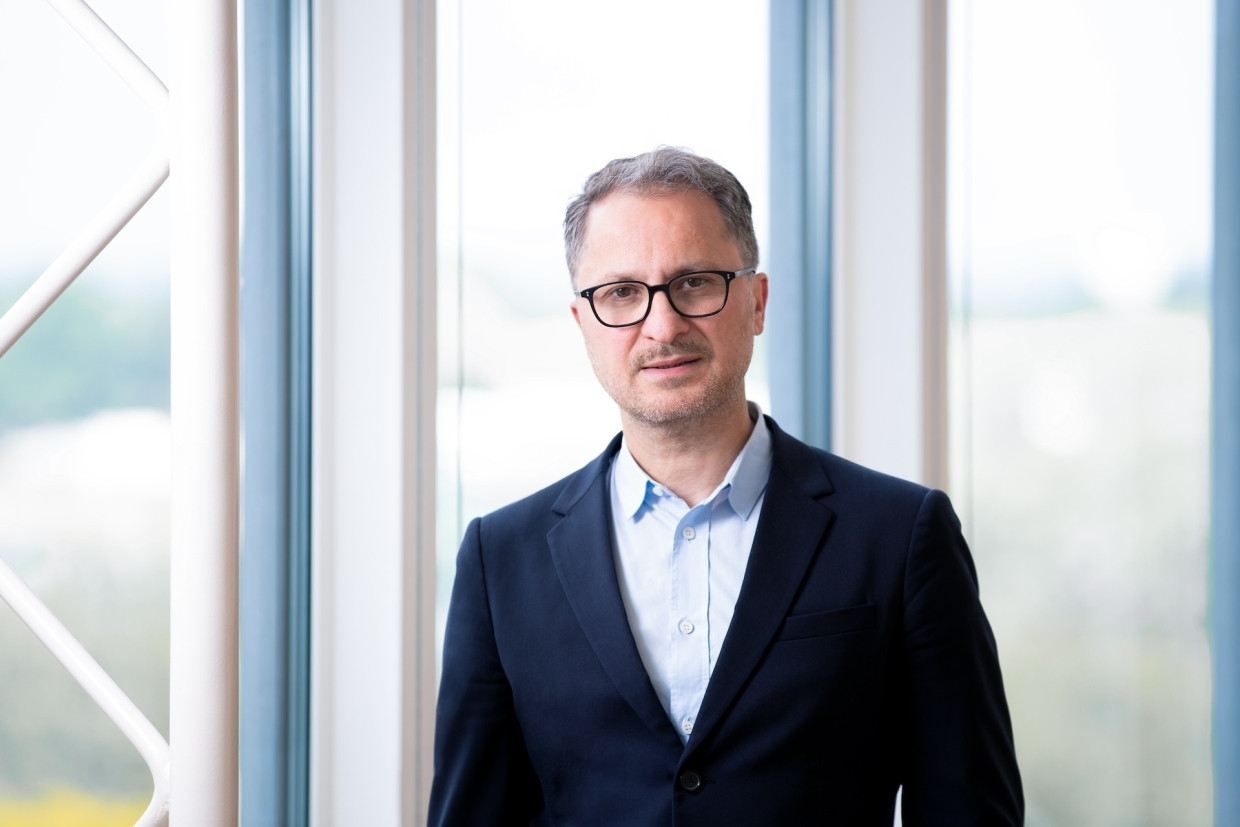
Yilmaz Dziewior, who was born in Bonn in 1964, has been director of the Museum Ludwig in Cologne since 2015 and is an unmissable figure in the Rhineland, which is still important for art. Before Cologne, he headed the Kunsthaus in Bregenz, Austria, since 2009. In 2015, Dziewior curated the Austrian pavilion for the Venice Biennale; in 2022, he curated the German pavilion, which was conceptually designed by Maria Eichhorn. Before working in Bregenz, he was director of the Kunstverein in Hamburg for eight years and taught as a professor of art theory at the Academy of Fine Arts there. Among his exhibitions with a global perspective, the contemporary part of “Art Worlds in Dialogue. From Gauguin to the Global Present” stands out.
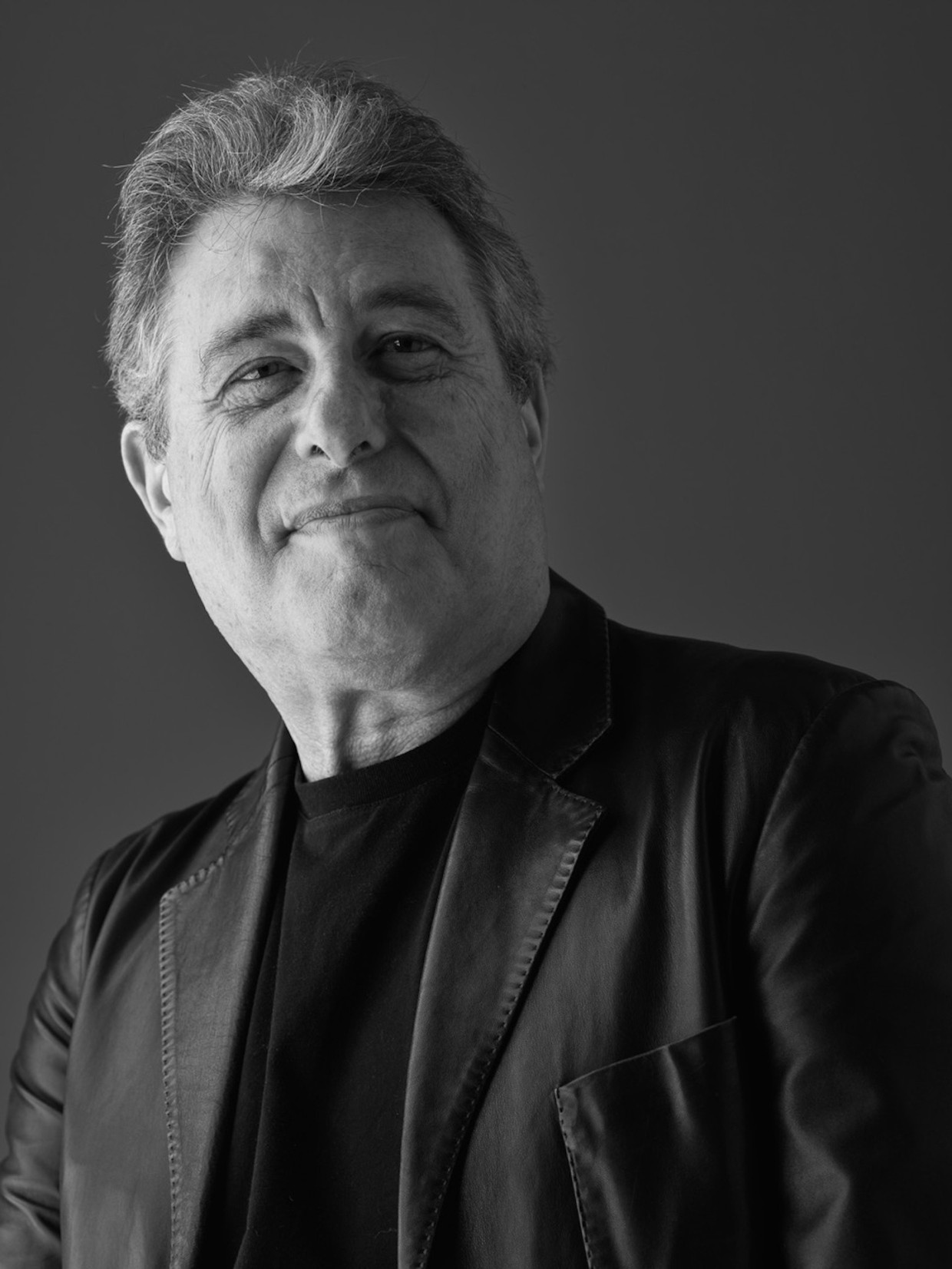
Sergio Edelsztein, born in Buenos Aires in 1956, lives as a freelance curator in Berlin and Tel Aviv. He is the curator and speaker of the Oberhausen Short Film Festival, five-time director of the video biennial “VideoZone” and has curated the Israel Pavilion at the Venice Biennale twice. In 1995, Edelsztein founded the Center for Contemporary Art (CCA) in Tel Aviv and was its director and chief curator until 2018. As part of the CCA, he organized seven performance art biennials under the title “Blurrr” and the five international video art biennials “VideoZone”. Edelsztein also curated the Israeli component of the 24th São Paulo Biennale in 1998 and the Israeli pavilions at the Venice Biennale in 2005 and 2013. Among the most important exhibitions he curated for the CCA are solo shows by Yael Bartana, Marina Abramović, Christian Jankowski, Ceal Floyer, Gary Hill, Rosa Barba, all artists who have also been present in many exhibitions in Germany, the latter even at the Neue Nationalgalerie Berlin.
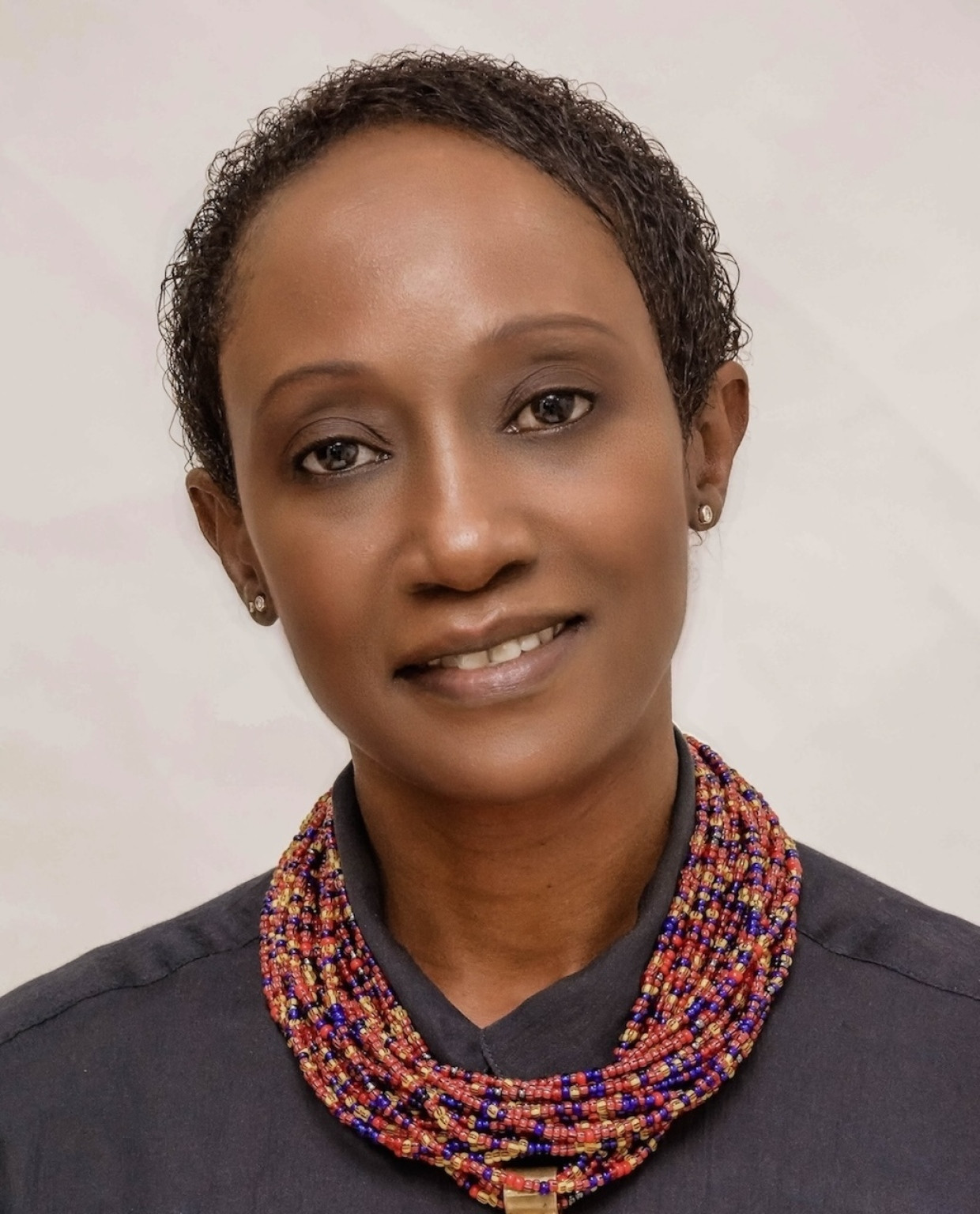
N'Goné Fall, born in Dakar, Senegal in 1967, graduated with honors from the École Spéciale d'Architecture in Paris. She is an independent curator and expert in cultural policy. From 1994 to 2001, she was editor-in-chief of the Paris-based contemporary African art magazine Revue Noire. N'Goné Fall is the editor of anthologies on African art and photography in Africa and the greater Indian Ocean region. She was guest curator of the Bamako Biennials in 2001 and Dakar in 2002 and has curated exhibitions in Africa, Europe and the USA, including “When Things Fall Apart: Critical Voices on the Radars at the Trapholt Museum in Denmark” (2016) and “In Quest of Freedom, carte blanche to El Anatsui” at the Conciergerie in Paris in 2021, with the Ghanaian artist El Anatsui also well known in Germany after major appearances in Munich and Düsseldorf.
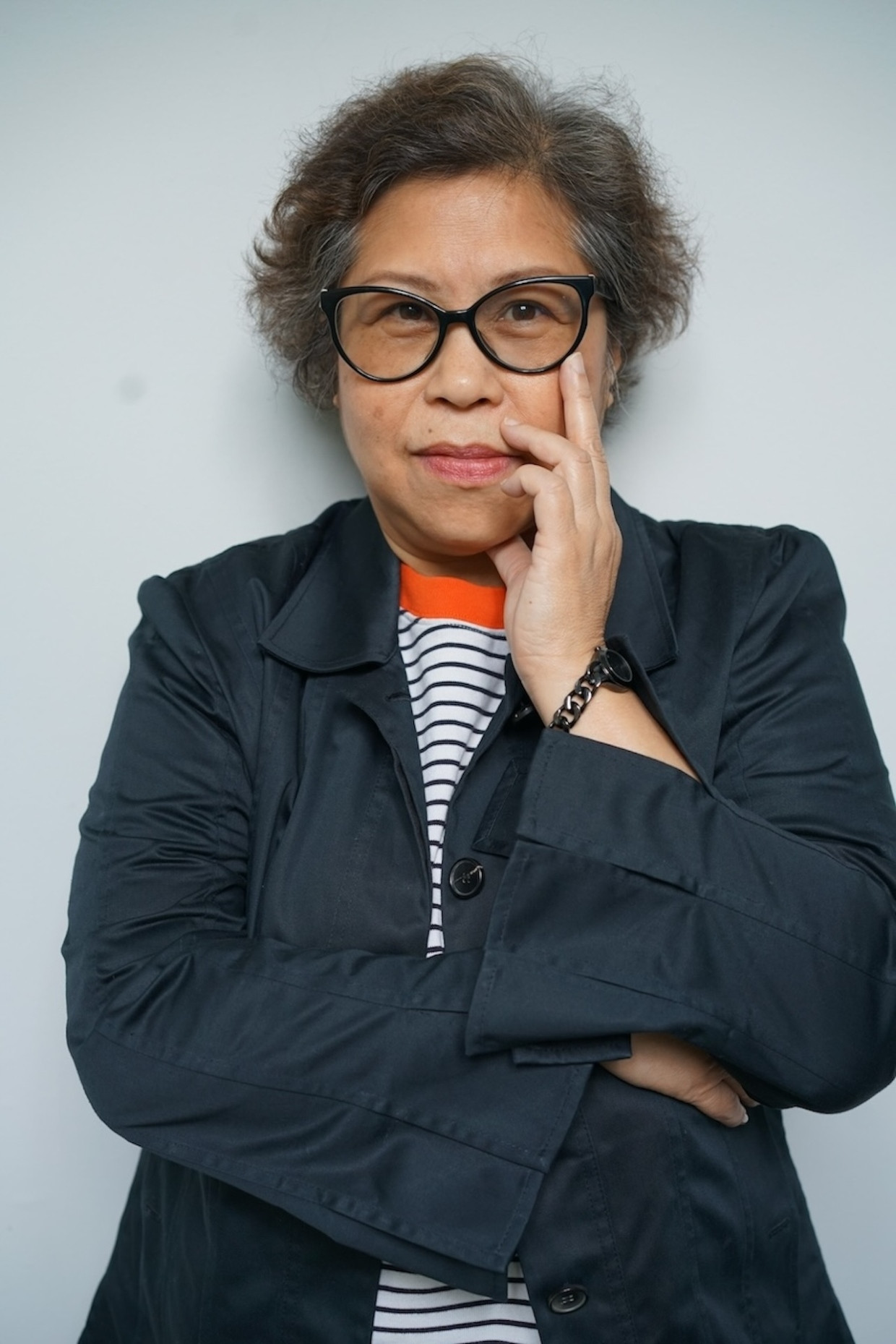
Gridthiya Gaweewong, who was born in Chiang Rai, Thailand in 1964, is considered one of the best-known curators in Southeast Asia. Gaweewong is artistic director of the Jim Thompson Art Center in Bangkok. Together with the global artist Rirkrit Tiravanija, she directed the Thailand Biennale 2023/2024 in Chiang Rai. In addition to her role as artistic director of the Jim Thompson Art Center in Bangkok, she is also guest curator of the MAIIAM Contemporary Art Museum in Chiang Mai. She co-founded the Bangkok Experimental Film Festival with Apichatpong Weerasethakul and curated it from 1997 to 2007. Her curatorial projects address questions of social change addressed by artists from Thailand and beyond since the Cold War, including “Imagined Borders” at the 12th Gwangju Biennale 2018, “Missing Links” in Bangkok 2015, “Between Utopia and Dystopia” in Mexico City (2011), the International Short Film Festival Oberhausen 2009, and “Politics of Fun”, Berlin (2005).
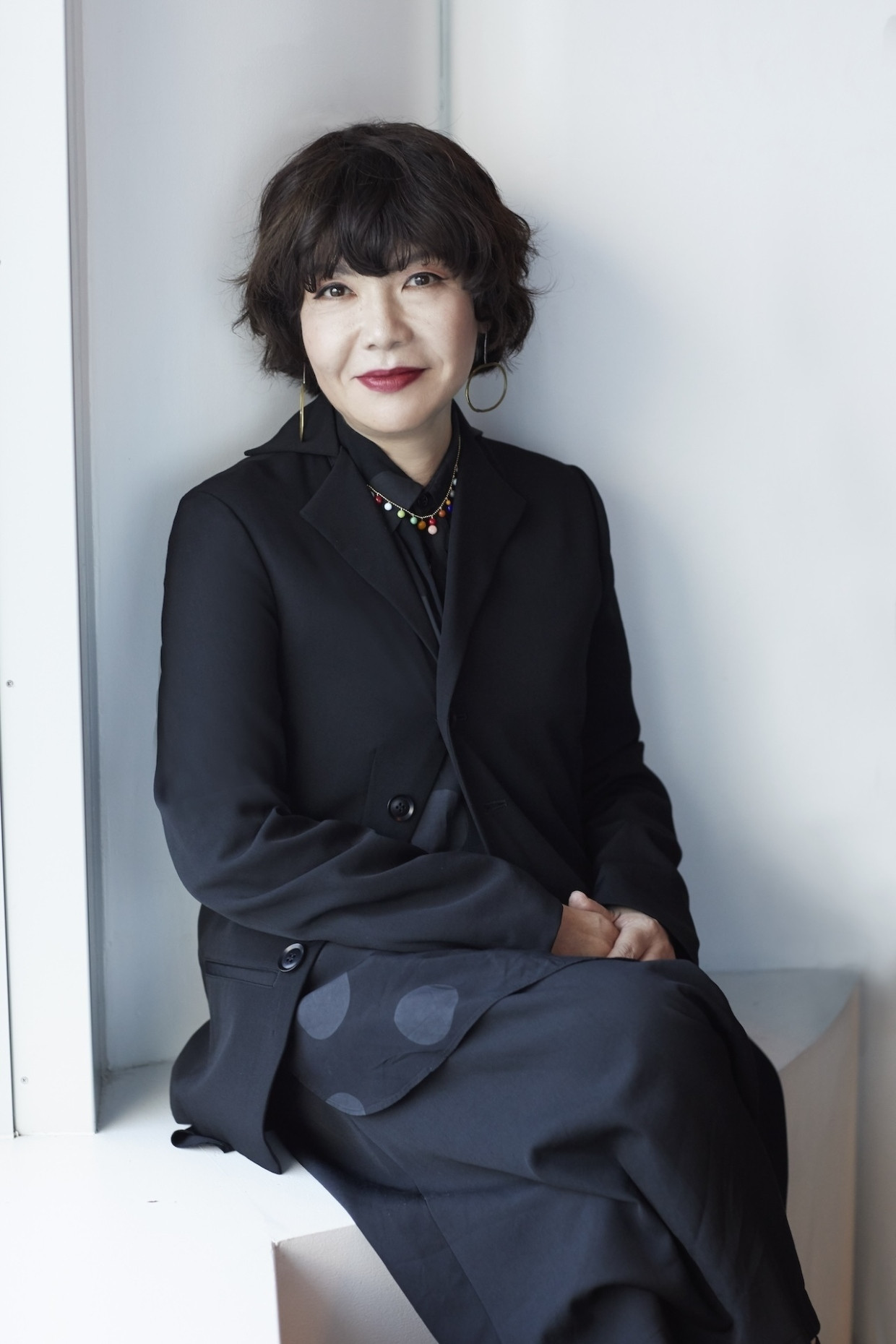
Finally, the Japanese Mami Kataoka has been director of the Mori Art Museum for four years, having previously served as chief curator of the Tokyo Opera City Art Gallery from 1997 to 2002. From 2007 to 2009, Kataoka worked as International Curator at the Hayward Gallery in London; She was also co-director of the 9th Gwangju Biennale (2012), artistic director of the 21st Sydney Biennale (2018) and artistic director of the Aichi Triennale 2022. She has curated exhibitions on internationally renowned Asian artists, including Ai Weiwei (2009), Lee Bul (2012), as well as that of the Japanese textile installation artist Chiharu Shiota, who lives and works in Germany, in 2019. She was also co-responsible for highly acclaimed overview exhibitions such as “Sunshower: Contemporary Art from Southeast Asia 1980s to Now” and “Roppongi Crossing: Contemporary Japanese Art”.
The six newcomers give hope
The designated search committee therefore has a great deal of expertise in the field of what is and is not possible when curating major cultural events in Germany, as well as a very broad view of the most diverse positions in contemporary art worldwide without political or post-colonial constraints. All six members of the search committee no longer have to prove themselves, as they are independent through their positions as museum directors or chief curators, and have always curated responsibly to date. We can therefore look forward to their proposal for the upcoming artistic direction of the Documenta, which will at least almost certainly no longer involve an irresponsible collective, but rather hopefully a dual leadership consisting of a female curator and her male counterpart.








